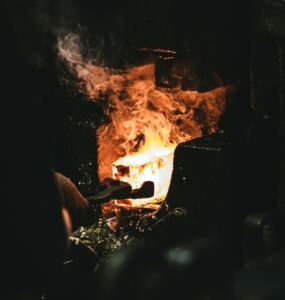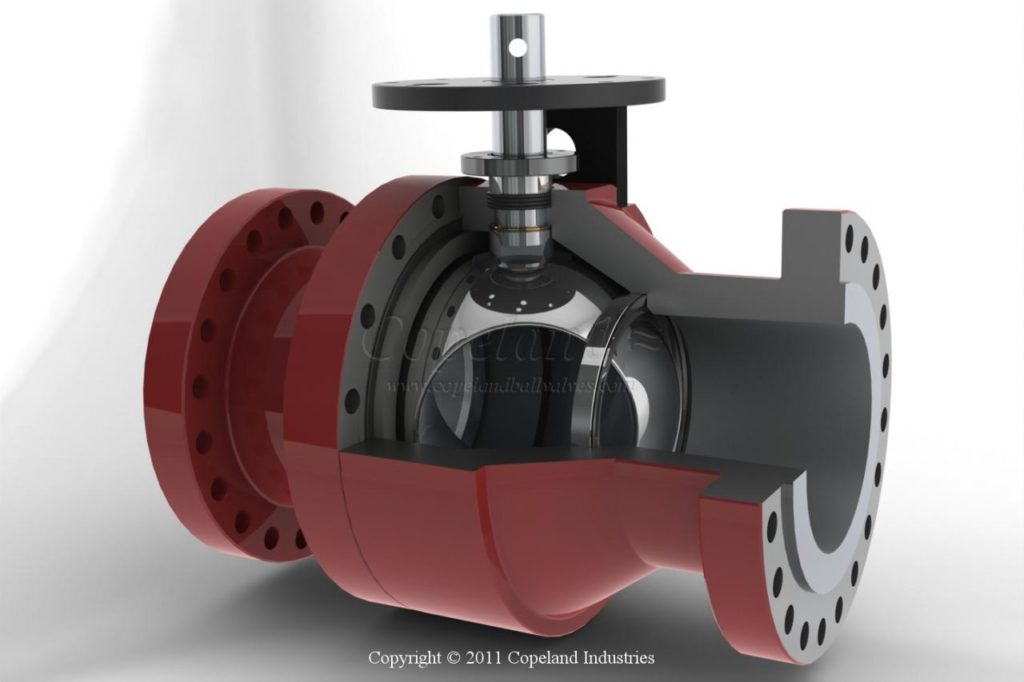If your industrial application involves high pressures, high pressures, and other severe conditions, a forged ball valve may be better suited to your needs. A forged valve is fabricated differently than many other types of ball valves, which are typically cast. In this article, we will explore the differences in the manufacturing process and also some reasons why you may choose a forged valve for your purposes.
Forged Ball Valve Manufacturing Process

When you need a forged ball valve, the fabrication process works a little differently from cast ball valves. Just like cast valves, forged valve manufacturing begins with the design and engineering for the valve. You can choose many different design factors to suit your needs. Our team creates forged ball valves in a range of sizes, pressure classes, alloys, and trim packages. For instance, you can order our forged severe service ball valves in sizes ranging from ½” to 20” and classes from 150# to 4500# ANSI.
Once finalizing the valve design, our experts begin the fabrication process. Valve forging involves shaping metal components through mechanical forces, often using heat to make the steel more malleable. Valve bodies and internal components are all forged to provide strong, heavy duty, and reliable valves for your application.
During the forging process, typically we heat the metal and then compress, bend, and shape it to fit the forged ball valve design using a die forging machine. The die helps form the metal into the specific shape while the machine applies pressure to force the metal into the right shape. For larger valves, we may need to weld together different components. In some cases our team may need to also machine the components to enhance shape. Our valve experts may also treat the surfaces with specialized coatings based on your needs. Once all the components are properly forged and shaped, the valve is assembled, inspected, and tested to ensure quality control.
Why Choose Forged Valves?
Forged valves may be better for some severe service applications. If your application is particularly demanding, such as through high temperatures and pressures, you need strong, durable valve solutions. Forged valves are typically much stronger than cast valves. The forging process for a high performance ball valve helps reduce vulnerability to issues like cracking, porosity, and shrinkage. Forged valves are also typically better able to handle temperature changes. Therefore, forged valves are typically much more durable, reliable, and often lower maintenance compared to cast options.
Copeland Valve – Your Source for High Performance Ball Valve Solutions
When you need quality valves for your industrial severe service applications, our team at Copeland Valve is here for you. We offer valve design, manufacturing, repair, and coating services. We are proud to manufacture all our products in the U.S.A. for quality control. Get in touch with our experts for a free quote for your valve needs.

